Pickleball Teacher’s Notes
Pickleball is a highly engaging and inclusive sport that offers a multitude of benefits to our students. As an educator, introducing our students to this exciting activity can positively impact their physical, social, and cognitive development. Below are some key points outlining the various benefits of incorporating Pickleball into our curriculum:
Physical Fitness:
Pickleball is a low-impact sport that can be enjoyed by students of all fitness levels.
Playing Pickleball helps improve cardiovascular health, stamina, and overall physical endurance.
The game involves dynamic movements, such as quick lateral footwork, hand-eye coordination, and agility, which contribute to enhanced motor skills.
Development of Motor Skills:
The sport requires precise hand movements, including gripping the paddle, executing forehand and backhand shots, and performing dink shots.
Students will develop better hand-eye coordination and reflexes, which can transfer to other sports and activities.
Inclusive and Accessible:
Pickleball is an inclusive sport that allows students of varying ages, abilities, and fitness levels to participate together.
It fosters a sense of belonging and teamwork, as players work collaboratively to win points and enjoy the game.
Social Interaction:
Playing Pickleball encourages social interaction, communication, and teamwork, as students collaborate with partners and opponents.
It provides an opportunity for students to make new friends and strengthen existing relationships in a fun and supportive environment.
Strategic Thinking and Problem-Solving:
Pickleball involves tactical decision-making, as players must strategically place shots, anticipate opponents' moves, and adjust their gameplay accordingly.
Students will develop critical thinking skills, adaptability, and problem-solving abilities while engaging in competitive play.
Sportsmanship and Respect:
Pickleball teaches essential values such as fair play, good sportsmanship, and respect for opponents and teammates.
Students will learn to celebrate victories with humility and handle defeat with grace, fostering a positive and respectful atmosphere.
Stress Relief and Mental Well-being:
Engaging in physical activity, including Pickleball, promotes the release of endorphins, reducing stress and promoting mental well-being.
The enjoyable nature of the sport can act as a recreational outlet, alleviating academic pressures and promoting a balanced lifestyle.
Lifelong Physical Activity:
Introducing Pickleball to students encourages them to develop a love for physical activity, fostering a lifelong interest in sports and fitness.
It lays the foundation for an active lifestyle, promoting overall health and well-being as they transition into adulthood.
One of the remarkable features of Pickleball is its ability to engage students who may not have traditionally gravitated towards sports activities. This inclusivity makes it an ideal sport to introduce to all students, regardless of their prior interest in sports. Here's why Pickleball can resonate with non-sporty students:
Low-Intensity Entry:
Pickleball's low-intensity nature is welcoming to students who may feel hesitant about participating in more physically demanding sports.
The slower pace allows beginners to develop their skills gradually, reducing the initial pressure to perform at a competitive level.
Non-Intimidating Size:
The smaller court size in Pickleball can be less intimidating for students who feel overwhelmed by the dimensions of larger sports fields or courts.
The court's reduced area promotes a sense of closeness and camaraderie among players, encouraging interaction and cooperation.
Approachable Learning Curve:
The fundamental skills of Pickleball, such as serving, dinking, and volleying, can be quickly learned, fostering early success for newcomers.
As students experience tangible progress in a short time, they gain confidence and a sense of accomplishment.
Teamwork and Supportive Environment:
Pickleball's doubles format provides a supportive team environment, where partners can encourage and motivate each other.
Non-sporty students may find comfort in knowing they have a teammate to rely on, creating a sense of belonging and mutual support.
Positive Social Interaction:
Pickleball fosters positive social interactions, even for students who may not feel naturally drawn to team sports.
The friendly and cooperative nature of the game allows students to focus on building relationships and having fun together.
Fun and Enjoyment:
Pickleball's playful and enjoyable nature can appeal to students who prioritize recreational activities over competitive sports.
The element of fun encourages students to participate with enthusiasm and a sense of curiosity.
Balanced Competition:
While Pickleball can be competitive, the balanced nature of the game levels the playing field, making it more approachable for non-athletic students.
Students can still experience the excitement of competition without feeling overwhelmed by a highly demanding physical environment.

